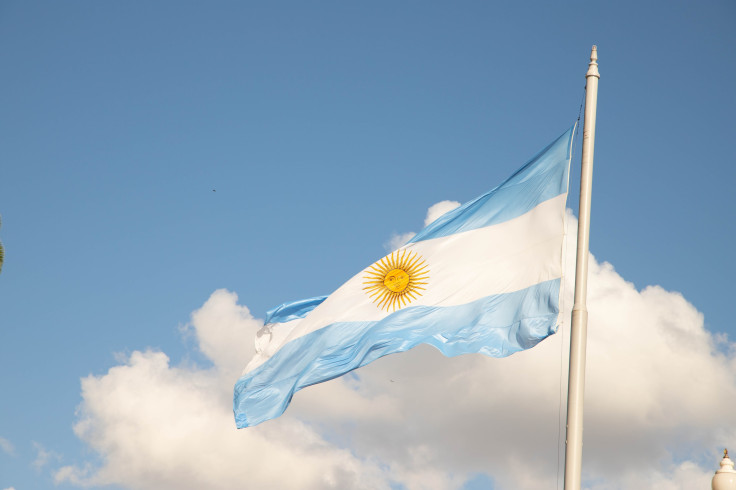
Argentines will choose between far-right lawmaker Javier Milei, center-right coalition candidate Patricia Bullrich and Economy Minister Sergio Massa in this year's presidential vote, according to results from Sunday's primary election.
In a format that is unique in the region, Argentines voted Sunday for their favorite among 22 potential presidential candidates, with anti-establishment Milei taking the top spot at more than 30%, with 93% of votes counted.
Bullrich, 67, had about 28% of the vote and 51-year-old lawyer and government minister Massa was coming in third with about 27%.
Deeply unpopular President Alberto Fernandez is not seeking reelection in October as year-on-year inflation runs at 115%, poverty has soared, and the value of the peso has plummeted.
The government, battling dwindling foreign reserves, has imposed strict currency controls and slapped businesses with higher import taxes to shore up dollars.
Dissatisfaction with the current center-left government -- now represented by Massa and his Union por la Patria -- as well as Bullrich's right-wing opposition coalition Juntos por El Cambio (Together for Change), has opened up space for other candidates, including libertarian Milei.
The far-right lawmaker with a soft spot for former US president Donald Trump and Brazil's ex-leader Jair Bolsonaro went into Sunday's vote as his Libertad Avanza party's only candidate.
"We have managed to build this competitive alternative that will put an end to the parasitic, thieving, useless political caste," Milei told supporters on Sunday evening.
Among other things, Milei has said that he wants to abolish the Central Bank, ban abortion, liberalize the sale of arms and open up a market for the sale of human organs.
Sales executive Facundo Cardozo, 27, thinks that his country's situation is so bad that Milei's untraditional take might be the best bet.
"You have to break what's assembled to then put the pieces back together and start over," he said after voting.
Milei "reflects the disenchantment that has caused many voters to disbelieve in political parties," said Juan Negri, a political science professor at the Torcuato di Tella University.
With 35.4 million Argentines eligible to vote, Sunday's primary was considered a strong predictor of who could win the general election, especially if one candidate broke away from the pack.
The three candidates will now face off in a first-round vote on October 22, followed by a run-off on Nov. 19, if necessary.




